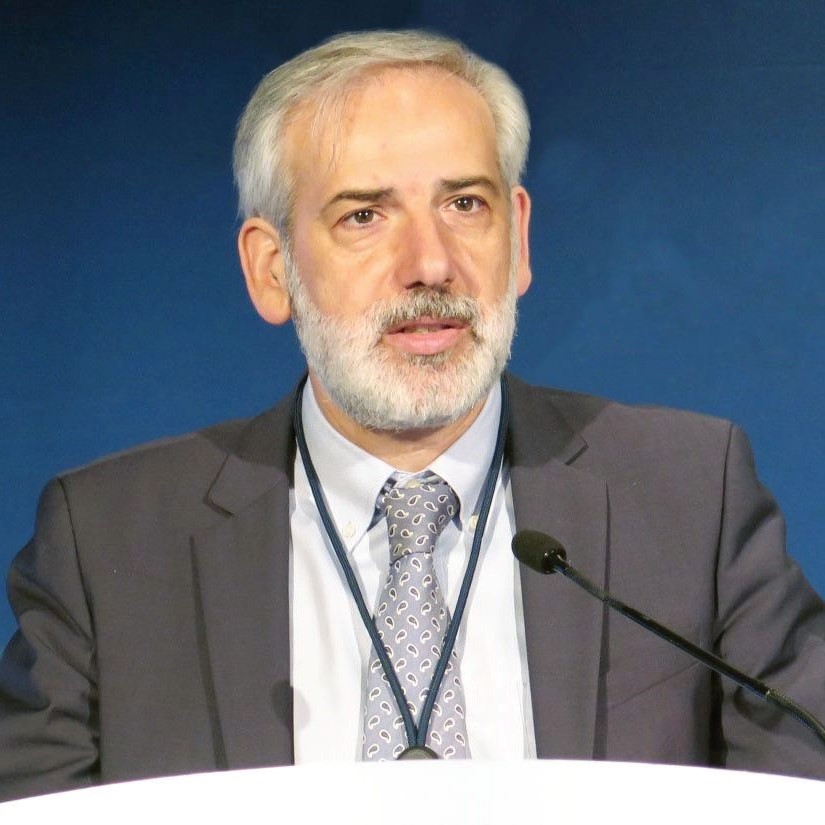Pediatric Hematology, Oncology and Hematopoietic Cell&Gene Therapy Area
Advanced Diagnostics and Target Discovery in Rare Pediatric Solid Tumors
Research Activity
The laboratory works in close collaboration with the Pediatric Haemato-Oncology Unit in Padua. Over the years, it has developed a particular interest in diagnostics, basic and translational research for children with soft tissue sarcomas and other rare tumors. The main activities are as follows.
Collection, processing and storage of biological samples from patients with solid tumors
A pediatric soft tissue biobank has been established since 1995 and every year the laboratory analyses almost 150 new cases collected from more than 30 pediatric oncology centers belonging to the Associazione Italiana di Ematologia e Oncologia Pediatrica (AIEOP), performing about 1000 molecular analyses with diagnostic and prognostic value.
Provide the necessary molecular biology studies to support the diagnosis of sarcomas
The laboratory is involved in the investigation of new diagnostic and prognostic biomarkers in children with soft tissue sarcomas (STS). In many of these malignancies, we have demonstrated the presence of several new genetic abnormalities, including point mutations, deletions, amplifications and chromosomal translocations, which have improved our ability to identify the best treatment option for each patient, both reducing the side effects of conventional treatments and identifying high-risk patients suitable for novel therapeutic approaches.
Supporting research projects dedicated to the study of the biological characteristics of pediatric soft tissue sarcomas (STS) and biomarkers that may have direct clinical application
A series of studies using liquid biopsies have also been carried out by our group to identify novel biomarkers predictive of cancer resistance and metastasis, through a comprehensive cellular and molecular analysis of peripheral blood, bone marrow and plasma samples from children with STS. Liquid biopsies are non-invasive blood tests for the detection of circulating tumor cells (CTCs), cell-free tumor DNA (ctDNA) and cancer-associated antigens/autoantibodies shed into the bloodstream by the primary tumor and metastases, which can help identify tumors capable of spreading to distant organs and develop better strategies to predict the risk of relapse. Our group has demonstrated that 1) CTCs are found in the bloodstream of children with soft tissue sarcomas, 2) CTCs and cfDNA samples carry pre-treatment tumor mutations that may be important for assessing disease progression and response to treatment, and 3) autoantibodies against tumor antigens exist and induce an immune response that distinguishes affected children from healthy subjects, as well as patients belonging to different risk groups.
Given our disease-focused preclinical and clinical research interests, the major advances in the treatment of children and adolescents with sarcoma being pursued by our group are: preclinical drug testing and repositioning in non-responder patient cells, and antibody-based immunotherapy in those at risk of relapse. These two topics are currently represented by the PRESTO study and the PANDORA project. The PRESTO study (Personalized Drug Sensitivity Profiling Program for Progressive and Relapsed Pediatric Sarcomas) proposes a coordinated approach that translates next-generation sequencing (NGS) and drug sensitivity profiling (DSP) data into the selection of new therapeutic compounds using patient-derived 2D primary cell cultures (PDCs) or 3D tumoroids as preclinical test models. The PANDORA project (Development of Patient-Derived Neutralising Antibodies for Pediatric Cancer Therapy) aims to develop, characterize and test patient-derived monoclonal antibodies (moAbs) and single-chain variable fragments (scFvs) against oncoantigens of therapeutic value. This is to be achieved using a single memory B cell cloning strategy and phage display technology.
Team Members
Prof. Gianni Bisogno – Principal Investigator
Dr. Paolo Bonvini – Senior Scientist
Dr. Lucia Tombolan – Senior Scientist
Dr. Elena Poli – Post Doc
Dr. Daniela Di Carlo – Research Fellow
Dr. Sara Provesi – Research Fellow
Dr. Elena Turolla – Research Fellow
Selected Publications
• Tombolan L, Rossi E, Binatti A, Zin A, Manicone M, Facchinetti A, Lucchetta S, Carmen Affinita M, Bonvini P, Bortoluzzi S, Zamarchi R, Bisogno G. Clinical significance of circulating tumor cells and cell-free DNA in pediatric rhabdomyosarcoma. MOL ONCOL 2022 May; 16: 2071
• Ruhen O, Lak NSM, Stutterheim J, Danielli SG, Chicard M, Iddir Y, Saint-Charles A, Di Paolo V, Tombolan L, Gatz SA, Aladowicz E, Proszek P, Jamal S, Stankunaite R, Hughes D, Carter P, Izquierdo E, Wasti A, Chisholm JC, George SL, Pace E, Chesler L, Aerts I, Pierron G, Zaidi S, Delattre O, Surdez D, Kelsey A, Hubank M, Bonvini P, Bisogno G, Di Giannatale A, Schleiermacher G, Schäfer BW, Tytgat GAM, Shipley J. Molecular Characterization of Circulating Tumor DNA in Pediatric Rhabdomyosarcoma: A Feasibility Study. JCO Prec Oncol 2022 Oct; 6: e2100534
• Poli E, Barbon V, Lucchetta S, Cattelan M, Santoro L, Zin A, Milano GM, Zanetti I, Bisogno G, Bonvini P. Immunoreactivity against fibroblast growth factor 8 in alveolar rhabdomyosarcoma patients and its involvement in tumor aggressiveness. ONCOIMMUNOLOGY 2022; 11: 2096349
• Poli E, Cattelan M, Zanetti I, Scagnellato A, Giordano G, Zin A, Bisogno G, Bonvini P. Autoantibody profiling of alveolar rhabdomyosarcoma patients unveils tumor-associated antigens with diagnostic and prognostic significance. ONCOIMMUNOLOGY 2021; 10: 1954765
• Bonvini P, Rossi E, Zin A, Manicone M, Vidotto R, Facchinetti A, Tombolan L, Affinita MC, Santoro L, Zamarchi R, Bisogno G. Case Report: Circulating Tumor Cells as a Response Biomarker in ALK-Positive Metastatic Inflammatory Myofibroblastic Tumor. FRONT PEDIATR 2021; 9: 652583

